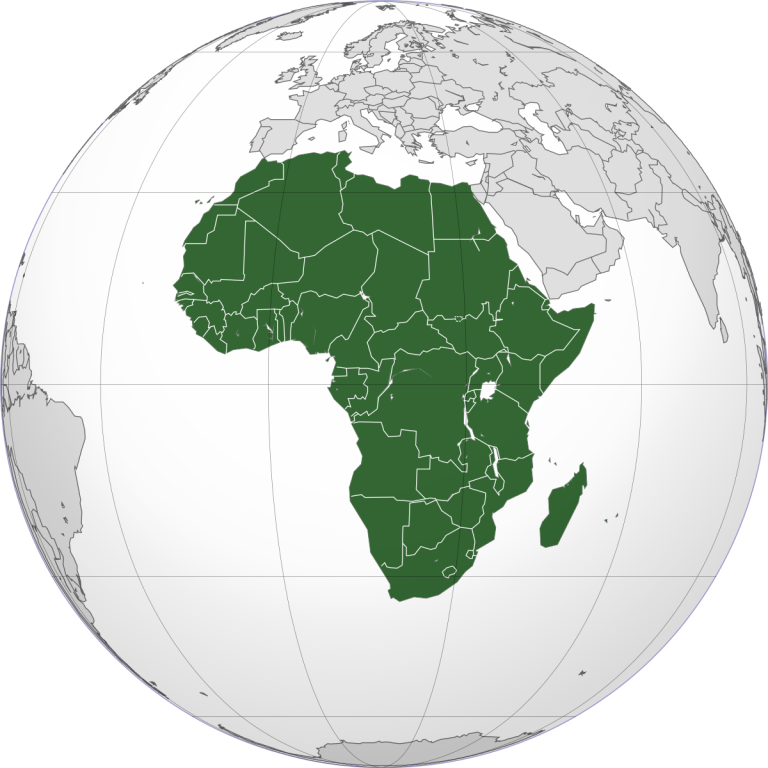African Leaders have advocated for a reform of financial architecture that integrates climate change and public finance to liberate Africa.
They spoke on Wednesday at the official opening of the ongoing 2024 African Development Bank (AfDB) Group meetings in Nairobi, Kenya.
The leaders included presidents of Rwanda, Kenya, Congo DR, Zimbabwe, Somalia, Burundi, Namibia, Niger, Gabon, Guinea Bissau, Mozambique and Libya.
Declaring the event open, the President of Kenya, Dr William Ruto, said climate change had often resulted in substantial reallocation of resources towards mitigation, adaptation and resilience.
“This is why Africa advocates a financial architecture that integrates the issues of climate change and public finance.
“Climate change and sovereign debt are now firmly interconnected, trapping governments in a vicious cycle where increasing losses, and damage from climate impacts lead to rising costs of mobilising resources for public investments.
“With such higher financing costs and constrained government budgets, developing countries continue to struggle to invest in low-carbon and climate-resilient development,” he said.
Therefore, “climate action and our sustainable development goals are at risk. A better, more responsive and fairer international development financial architecture is urgently needed, and time is of essence,” he said.
According to Ruto, the financial architecture we advocate for Africa today should integrate the continent’s most challenging development issues, such as debt sustainability and climate vulnerabilities.
He said this was to enable the achievement of the Sustainable Development Goals (SDGs) and Agenda 2063 commitments.
Ruto commended AfDB’s vision for Africa, which is underpinned by the “High 5s” strategies and the objectives of the newly adopted 2024-2033 10-Year Strategy. These provide important foundations for these critical continental objectives.
“We have been clear and consistent in our advocacy. Africa is neither seeking handouts nor asking for charity.
“We are a continent of sovereign people who aspire to grow in a just multilateral system and access development financing on fair terms.
“We were clear at the African Climate Summit 2023 when we called for reforms of international financial institutions and a range of new global taxes to fund climate action.
“We also agreed to support the creation of markets that can mobilise resources at scale and called for the reform of the international financial architecture.”
The president reiterated the importance of transforming the financial architecture for Africa to turn its immense potential into opportunities, overcome multiple challenges, and develop inclusively and sustainably.
Ruto called on donors and development partners to scale up their investments in the AfDB Group, to strengthen the institution’s capacity to offer more support to countries on the continent.
The Kenyan president also called on AfDB to work towards ensuring an African Credit Rating Agency that would factually rate African countries and assess their risks.
According to him, the right financing architecture in Africa must offer long-term financing of about 40 years, low interest rates, concessional financing, and possibly grants.
“We also need financing upscale that is agile and flexible, climate responsive when there are shocks. Finally, it must be sensitive, moving from potential to investment.”
His Rwandan counterpart, Paul Kagame, said that the international financial architecture was framed in line with the interests of the architect.
According to Kagame, Africa must also protect its interests and ensure that they are addressed with one voice and louder.
“The reform is how do we disrupt the current framework? It must be based on our interests. How can anyone interested in the interests of the world sideline our continent?
“Soon, Africa will be the only continent with a growing middle class. So, it is in the world’s interest to see Africa’s interest.
“If Africa grows, the whole world will grow. But Africans cannot wait on the borderline for handouts; we need to be more proactive in this cause,” Kagame said.
Also speaking, President of AfDB, Dr Akinwumi Adesina, restated that the system plays a great role in mobilising resources for development.
“But the current architecture is not delivering enough for Africa in multiple areas.
“This includes climate financing that avails only 30 billion dollars out of the 277 billion dollars needed yearly to cushion the devastating effects of drought and flooding in several countries.
“Also, the global financial system is not delivering the financial scale of 1.3 trillion dollars needed for accelerated development to meet the Sustainable Development Goals (SDGs) by 2030.
“No wonder there are economic divergencies between Africa, developed and even emerging market economies,” he said.
According to Adesina, the financing facilities for the global continent have not been fair and equitable.
He said that the global financial system was also failing to deal with the debt burdens of African countries, thus requiring a more timely, comprehensive debt treatment.
“The global taxation rules need to be modified to serve developing countries.
”Cooperation across jurisdiction tax rules is needed to avoid Africa losing taxes to multilateral corporations that do illicit capital flows.
“Therefore, we must ensure the whole issue of profits, tax avoidance and profit base shifting are addressed; thus, if you do business in Africa, you should pay taxes in Africa,” Adesina said.
NAN


